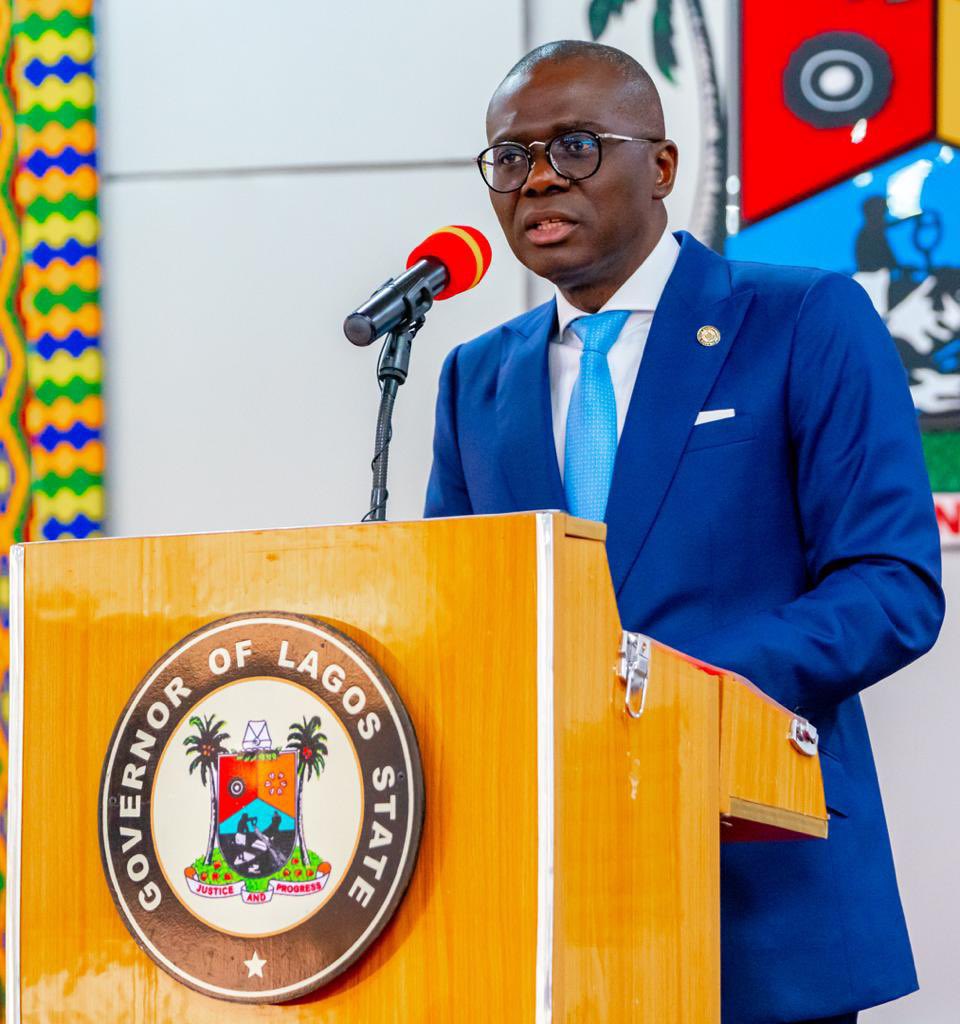By Damilare Adeleye
The Lagos State government has unveiled plan to ban beer parlours and other drinking joints from operating near or around the school environment in the state.

Mr Jamiu Alli-Balogun, State’s Commissioner for Basic and Secondary Education, gave this hint during a question and answer session at a media briefing for the ongoing National Council on Education meeting in the state.
According to him, the proposal to ban beer parlours from operating near schools is part of the move by the state government to nip in the bud or reduce to the barest minimum cases of drug abuse and other vices, particularly among children,and adolescents in the state.
He said it was observed that the selling of hard drugs and the rest are more or less being carried out around businesses and ghettos which do not augur well for the society.
“We have also come up with safety clubs in schools in which we are partnering with the security agencies such as the police, Nigerian Immigration Service, Customs services, traditional rulers, CDAs, CDCs and more.
“We have passed the message across and we are acting as an interface. Even last month, we held a meeting with all the necessary stakeholders and we are looking forward to more,” he said.
He added that ‘War Against Drug Abuse’ had been launched in schools in Epe as an example of community partnering with the police and other security agencies to campaign against drug abuse and other social vices.
“We’re not stopping there; it’s a collaborative effort. We are raising our voices against the negative impacts of drug abuse in our society.
“So, we are looking for all avenues to change the narrative and part of the proposal not to have beer parlours around schools again.
“We believe that if students see, watch and move around people who drink alcoholic substances or smoke and all that, they may be tempted or influenced to want to do the same. We don’t need to wait for such to happen before we arrest the situation,” he remarked.
The commissioner, however, pointed out that the matter is still a proposal to be subjected to legislation before it becomes the state government’s policy and when that would be, is still unknown.


























